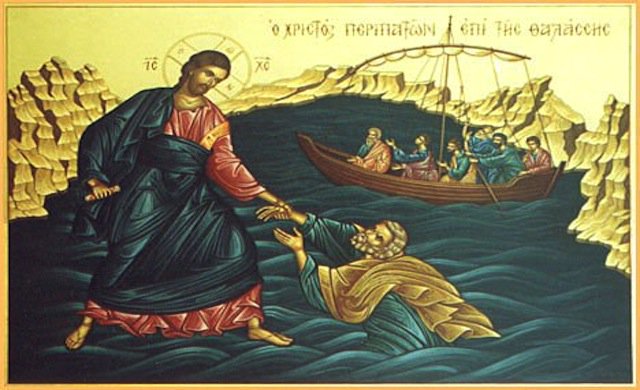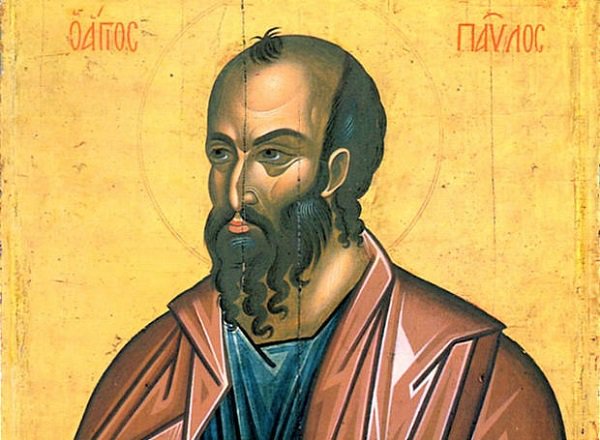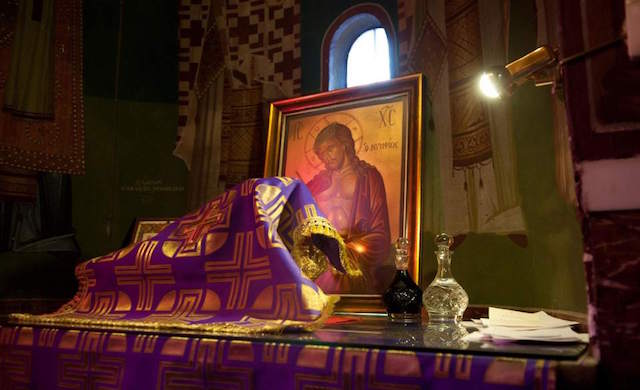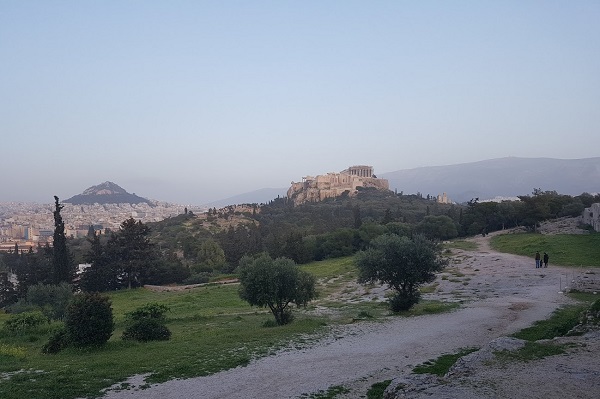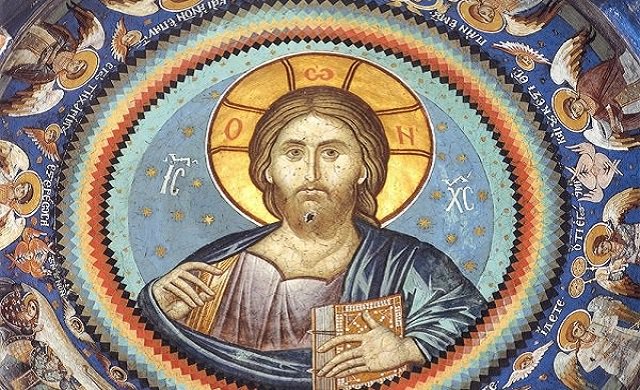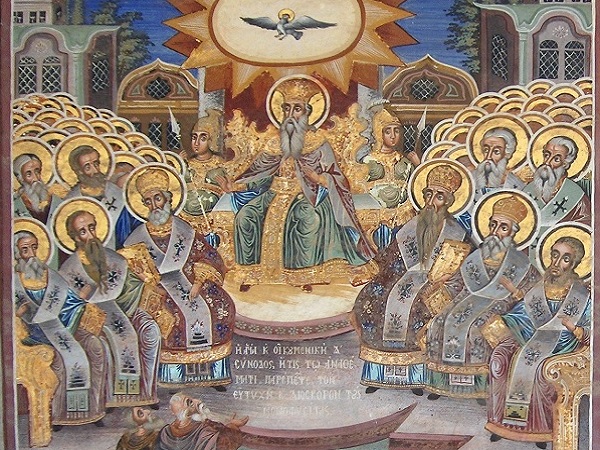
The 3rd Ecumenical Synod dealt with the heresy of Nestorios, the Patriarch of Constantinople. It condemned him and defined the faith as regards the theanthropic Christ and Our Most Holy Lady the Mother of God. This was after an agreement, known as the Formula for Reunion, was reached in 433 between Saint Cyril of Alexandria and John of Antioch. After the demise of these two Patriarchs, however, their fanatical disciples re-opened the issue, in the belief that both of them had retreated from their previously-held positions, and this caused a number of problems for the Church. One of the protagonists was Eftykhis (Eutyches) who taught that our Lord Jesus Christ did, indeed, have two natures, before they were unified, but recognized only ...

